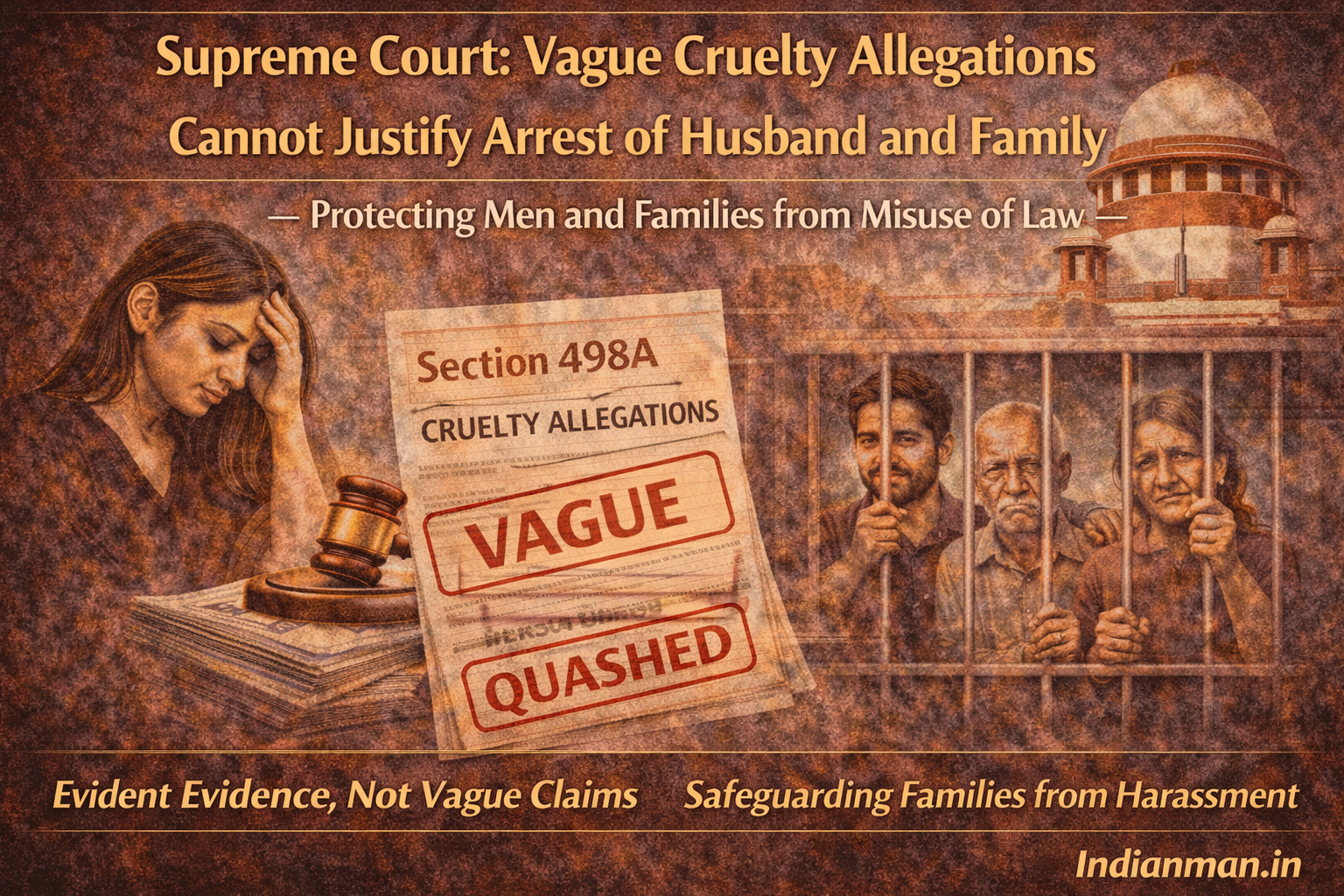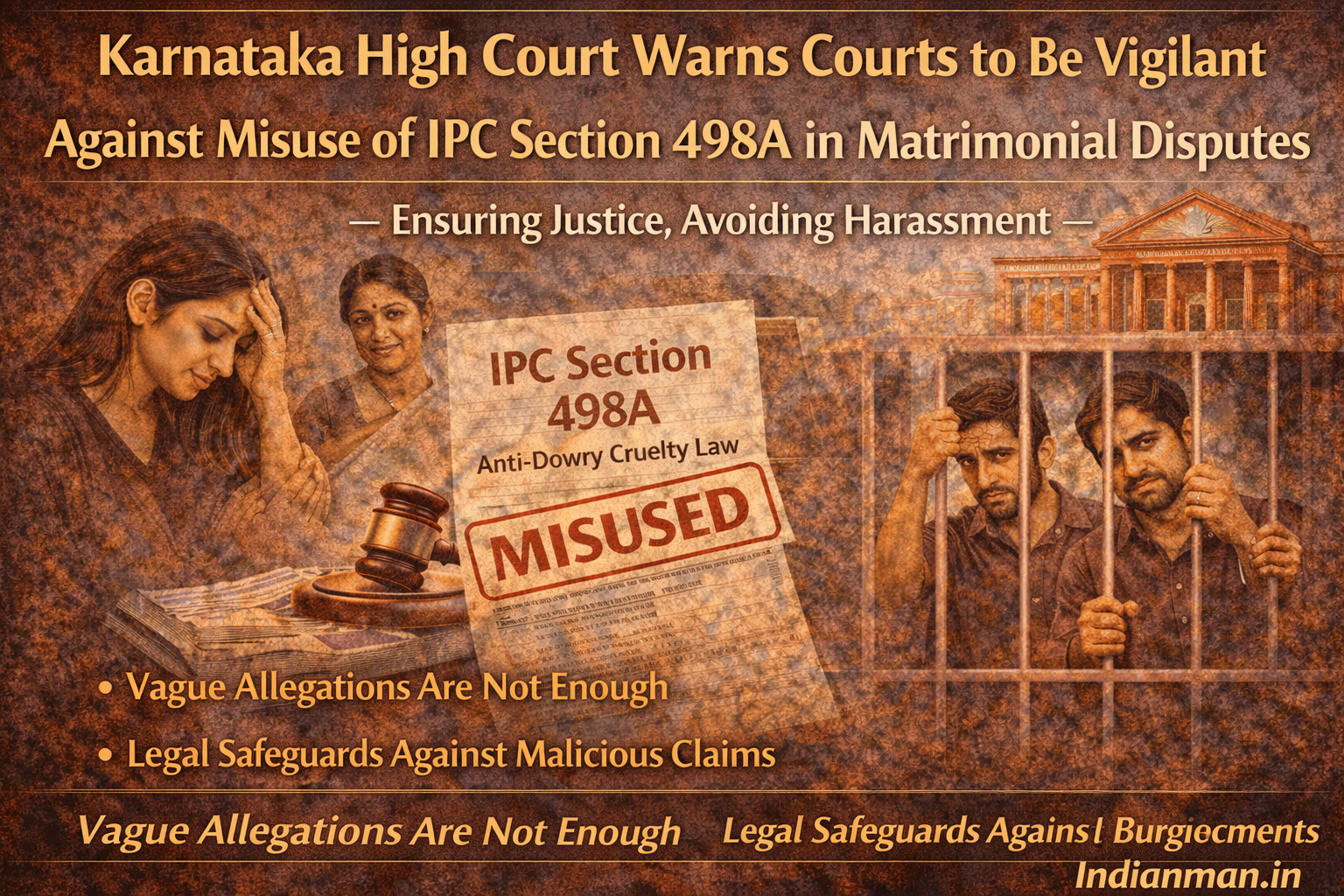The Bombay High Court (Nagpur bench) has held that ending a long relationship or refusing to marry cannot be treated as abetment of suicide. The ruling came while discharging a man accused under Section 306 of the Indian Penal Code (IPC) after his partner died by suicide.
Justice Urmila Joshi Phalke, while allowing the man’s plea, said:
“Merely because the applicant refused to marry her, that by itself would not amount to instigating or provoking the deceased victim to commit suicide.”
The case involved a couple in a nine-year relationship. The woman died by suicide on December 3, 2020, leaving a note describing their relationship. Her father lodged a complaint alleging that the accused broke off the relationship, refused marriage, and started seeing another woman, which led to his daughter’s death.
The prosecution relied on the suicide note and WhatsApp chats to frame charges. However, the accused argued that the breakup alone cannot be considered as instigation to commit suicide.
The High Court agreed, observing that the relationship was consensual and not based on any false promise of marriage. It also noted that the man had denied being in a love relationship months before the suicide, showing no immediate link between the breakup and the tragic incident.
The Court stressed that for an offence under Section 306 IPC, there must be clear evidence of instigation, aiding, or abetment leading directly to suicide. Since no such evidence existed, the Sessions Court’s order was overturned, and the accused was discharged.
Case Title: Vaibhav Mawale vs State of Maharashtra
Case No: CRA 174 of 2024
Be a part our social media community:
Facebook: https://www.facebook.com/IndianMan.in?mibextid=ZbWKwL
Instagram:
https://www.instagram.com/indianman.in?igsh=MWZ2N3N0ZmpwM3l3cw==



